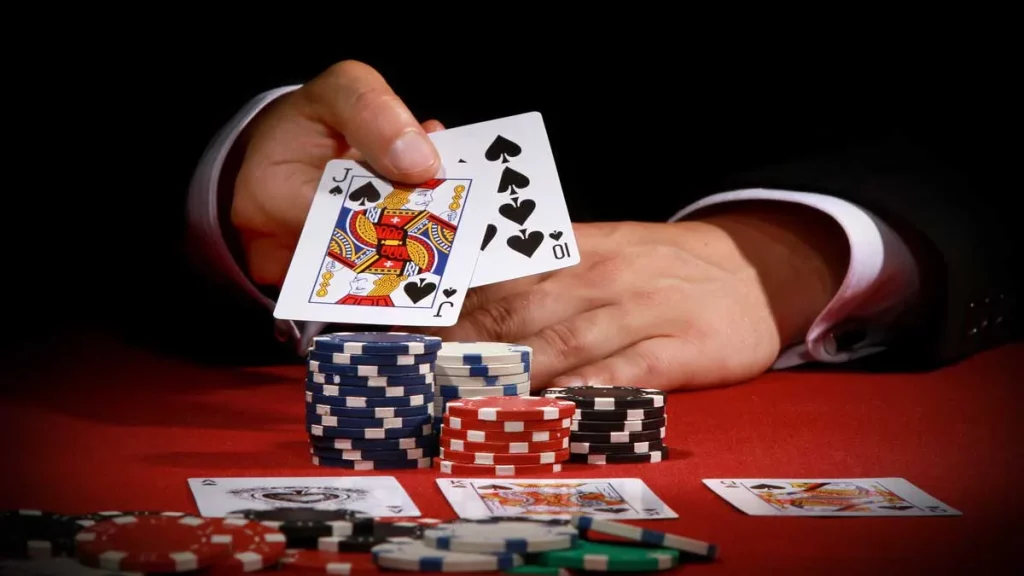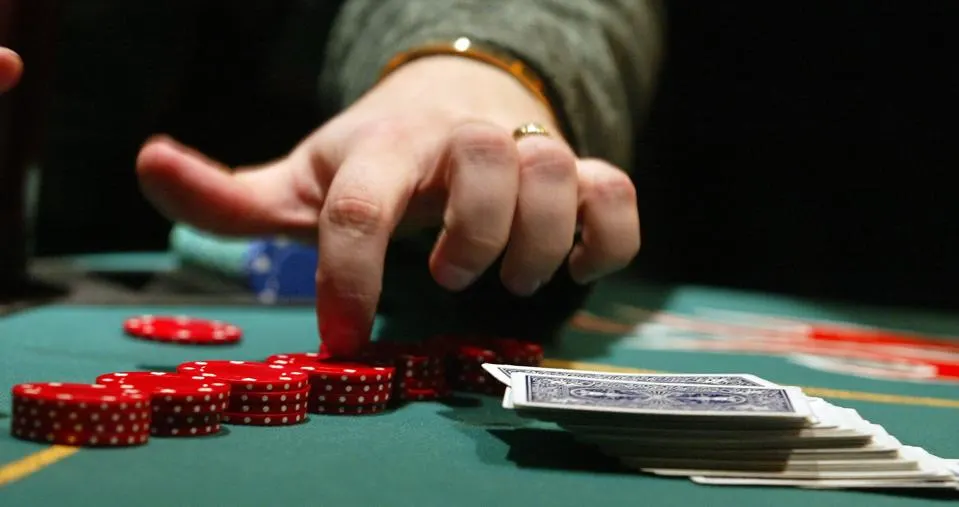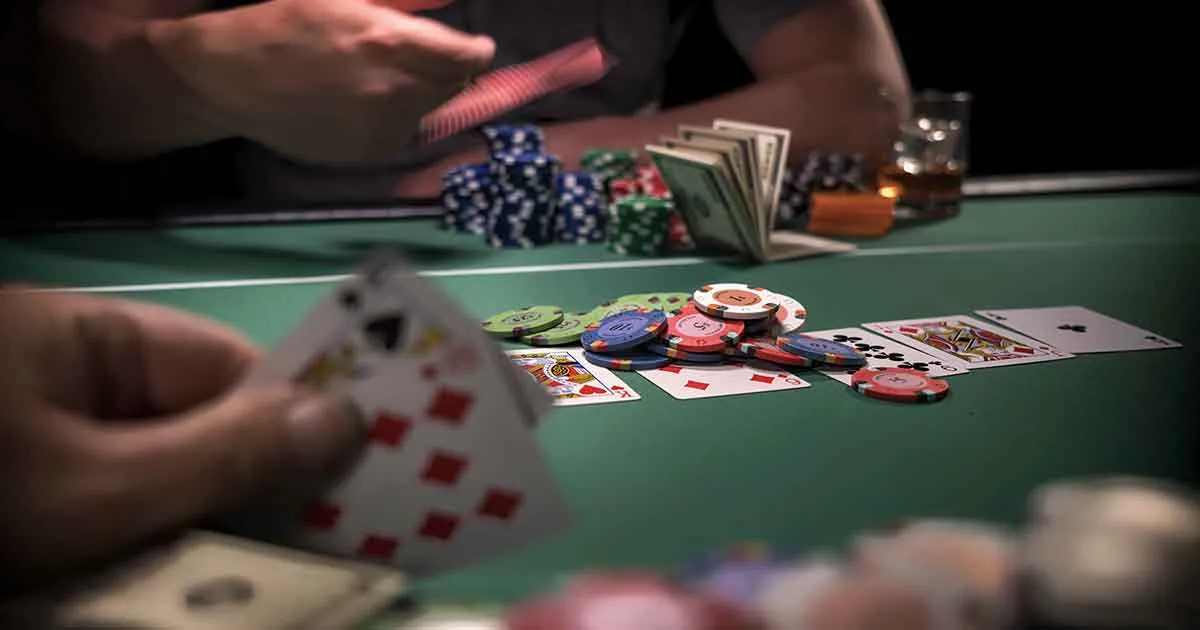Playing poker is an art that combines skill, psychology, and a touch of luck. To help youpsnavigate this intricate game, we’ve gathered insights from professional poker players on various aspects such as which hands are better to play with, essential game features, professional poker tips to improve your skills, effective bluffing strategies, and more. By the end of this article, you’ll have a comprehensive understanding of how to enhance your poker game. Winning at poker is a nice addition to any game. How to play professional poker? How to play poker professionally? Top professional poker players? How to win a game of poker We will try to answer these and many other questions in this article.
Features of the game of poker
Poker is a complex game with multiple variants, the most popular being Texas Hold’em. Key features of showdown valuable poker include:
- The Deck and Cards: Poker is typically played with a standard 52-card deck. Each player is dealt a hand, and the objective is to form the best possible combination of cards.
- Betting Rounds: There are several betting rounds where players can bet, check, fold, or raise, adding layers of strategy to the game.
- Hand Rankings: Understanding the hierarchy of best poker hands, from the high card to the royal flush, is crucial.
- Bluffing: A unique aspect of poker where players deceive their opponents into believing they have a stronger or weaker hand.
Tips to improve your poker skills
Improving your poker skills requires dedication and practice. Here are some essential professional gambling tips from the pros:
- Learn the Rules Thoroughly: Start with a solid understanding of the game rules and hand rankings.
- Study Poker Theory: Read books, watch tutorials, and learn about different poker strategies.
- Practice Regularly: The more you play, the better you’ll understand the game’s dynamics.
- Analyze Your Play: Review your best poker hands of all time and decisions to identify mistakes and areas for improvement.
- Learn from the Pros: Watch professional poker games and analyze their strategies.

Bluffing and other game strategies
Bluffing is a fundamental strategy in poker, but it’s not the only one. Here are some key strategies:
- Bluffing: Use sparingly and strategically. Bluffing too often can make you predictable.
- Semi-Bluffing: Bluff with a hand that has the potential to improve.
- Value Betting: Bet when you believe you have the best hand and want to extract value from your opponents.
- Position Play: Adjust your strategy based on your position at the table (more on this later).
When to Bluff
Bluffing isn’t just about having the guts to do it; it’s about picking the right moment. Consider these scenarios:
- Position: Bluffing from a late position is generally more effective as you have more information on your opponents’ actions.
- Table Image: If you’ve been playing conservatively, your bluffs are more likely to be believed.
- Opponent’s Tendencies: Bluff more against tight players who are likely to fold and less against loose players who call frequently.
The Psychology of bluffing
Understanding the psychology behind bluffing is crucial. Poker legend Doyle Brunson once said, “The key to no-limit poker is to put a man to a decision for all his chips.” Bluffing is as much about your opponent’s mindset as it is about your cards.Professional gambling tips to help you play and win.
Reading your opponents
Successful bluffing involves reading your opponents’ behavior and betting patterns. Look for tells – physical or behavioral cues that might give away the strength of their hand. Common tells include:
- Betting Patterns: Rapid bets might indicate strength, while hesitancy can suggest weakness.
- Body Language: Nervous gestures or changes in posture can be revealing.
- Verbal Cues: The way a player speaks or the words they choose can sometimes hint at their hand’s strength.

Other essential poker strategies
Beyond bluffing, several other strategies are crucial for a well-rounded poker game. These strategies help you maximize your wins and minimize your losses over the long run.
Hand selection
Deciding the right hands to play is fundamental. Professional players often advise sticking to premium hands in early positions and loosening up in later positions. Here are some starting hands to consider:
- Strong Hands: Pairs like AA, KK, and QQ.
- Suited Connectors: Hands like 10-9 suited, which have the potential to form straights or flushes.
- High Cards: Hands like AK or AQ, which can dominate many lower hands.
Positional awareness
Your position at the table can significantly impact your strategy. As the late poker legend David Sklansky put it, “Position is power.” Here’s how to leverage it:
- Early Position: Play tight and only with strong best poker hands, as you have less information.
- Middle Position: Slightly widen your range but remain cautious.
- Late Position: Take advantage of your position by playing a broader range of hands and applying pressure on opponents.
Betting strategies
Effective betting strategies can help you control the pot size and manipulate your opponents:
- Value Betting: Bet when you have a strong hand to extract maximum value from your opponents.
- Continuation Betting: Follow up your pre-flop raise with a bet on the flop, even if you didn’t hit, to maintain pressure.
- Check-Raising: Check to induce a bet from your opponent and then raise, representing a strong hand.
Statistics in Poker Strategy
Poker is a game of numbers, and understanding the statistics behind your decisions is vital. Here are some important stats:
- Pot Odds: The ratio of the current size of the pot to the cost of a contemplated call. If the pot odds are greater than the odds of completing your hand, it’s a profitable call.
- Implied Odds: Takes into account the future bets you can win if you hit your hand. This helps you decide if calling a bet is worthwhile.
- Fold Equity: The likelihood that your opponent will fold to your bet. Bluffing is more effective when you have high fold equity.
Quotes from the Pros
Insights from professional players can provide showdown valuable poker perspective. Here are some notable quotes:
- Phil Ivey: “I think my reads have been instrumental in helping me bluff in the right spots. If you can read people well, you can bluff effectively.”
- Daniel Negreanu: “Bluffing is about telling a story. If your bets don’t tell a believable story, you’re going to get called.”
- Doyle Brunson: “Poker is war. People pretend it’s a game, but it’s war.”

The best hands to start with
Starting with strong hands can significantly improve your chances of winning at poker. Here are some of the best starting hands in Texas Hold’em:
- Pocket Aces (AA): The best possible starting hand.
- Pocket Kings (KK): Second only to pocket aces.
- Pocket Queens (QQ): A powerful hand that can dominate most others.
- Ace-King (AK): A strong hand, especially if suited.
- Pocket Jacks (JJ): Solid but can be vulnerable to overcards.
What hands do professionals play with
Professional players have a nuanced understanding of which hands to play and when. They don’t just rely on strong starting hands but also consider other factors:
- Hand Strength: Professionals prefer hands that have the potential to make strong combinations post-flop.
- Suited Connectors: Hands like 7-8 suited can lead to straights and flushes.
- Position: They play a wider range of hands from late positions.
- Opponent Behavior: Pros adjust their hand selection based on their opponents’ tendencies.
How table position affects the game
Table position is one of the most critical aspects of poker strategy. Your position relative to the dealer determines the order in which you act, which can significantly impact your decision-making:
- Early Position: Players in early positions act first and are at a disadvantage. They should play tighter and with stronger hands.
- Middle Position: Allows for slightly looser play, with more hand options.
- Late Position: The most advantageous position. Players can observe others’ actions before deciding and can play a wider range of hands.
- The Button: The best position in poker, as you act last in all post-flop betting rounds.
How to improve your strengths in poker
Improving your strengths in poker involves focusing on key areas:
- Emotional Control: Maintaining composure and not letting emotions dictate your play.
- Observation: Keenly observing opponents’ behavior and betting patterns.
- Mathematics: Understanding odds and probabilities to make informed decisions.
- Adaptability: Adjusting your strategy based on the flow of the game and your opponents’ actions.
- Discipline: Knowing when to fold and not chasing losses.
Mastering poker requires a blend of strategic thinking, psychological insight, and continuous learning. By incorporating professional poker tips from professional players and focusing on key aspects such as hand selection, bluffing, and table position, you can significantly improve your game. Hopefully, we have answered the basic questions of How to play professional poker? Top professional poker players? How many hands of poker? How to win a game of poker? Remember, poker is not just about the cards you’re dealt, but how you play them. So, practice diligently, stay observant, and enjoy the journey of becoming a skilled poker player.

